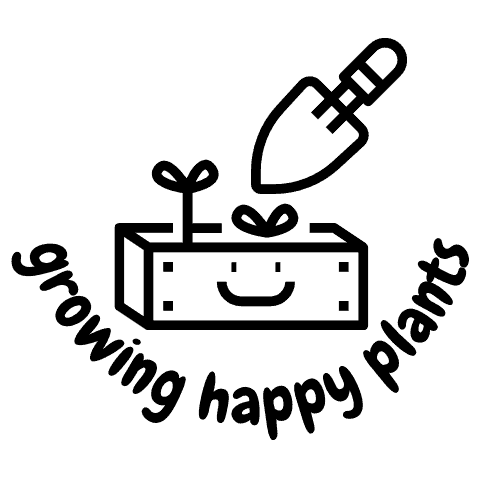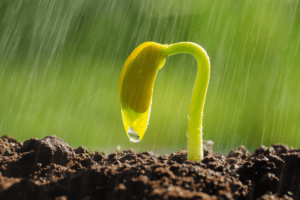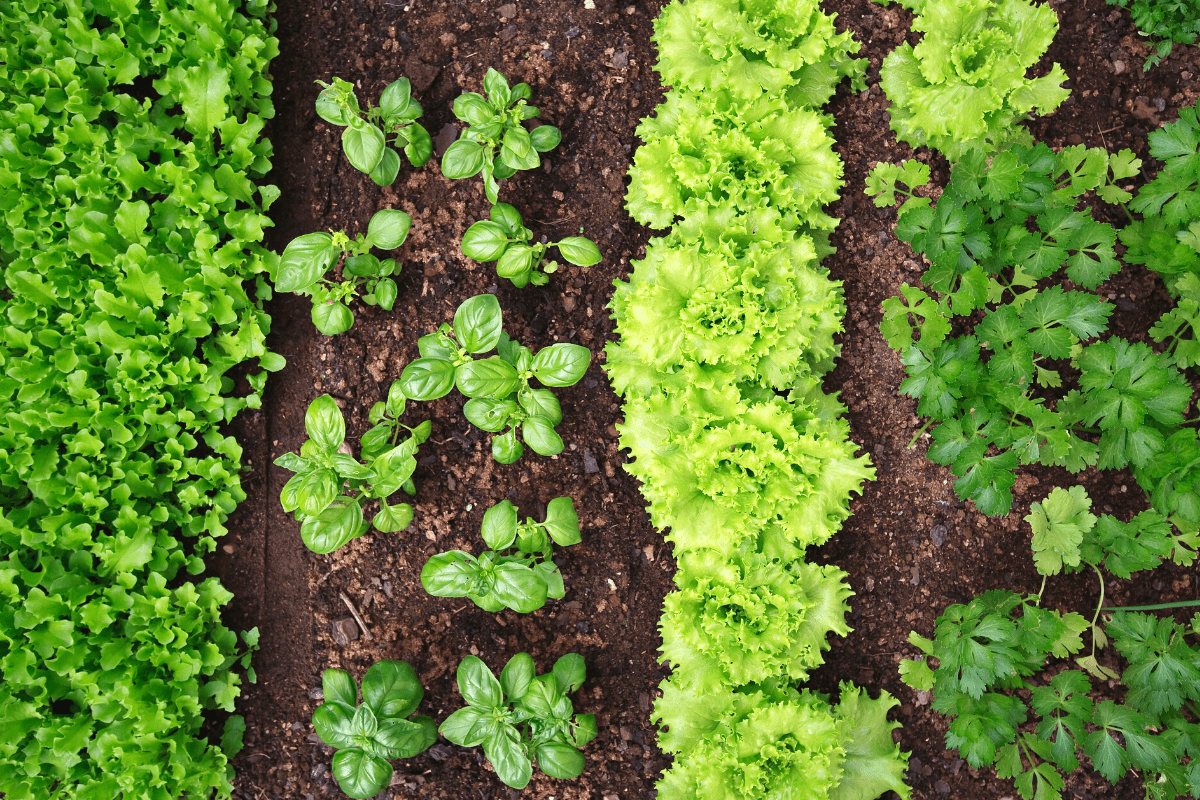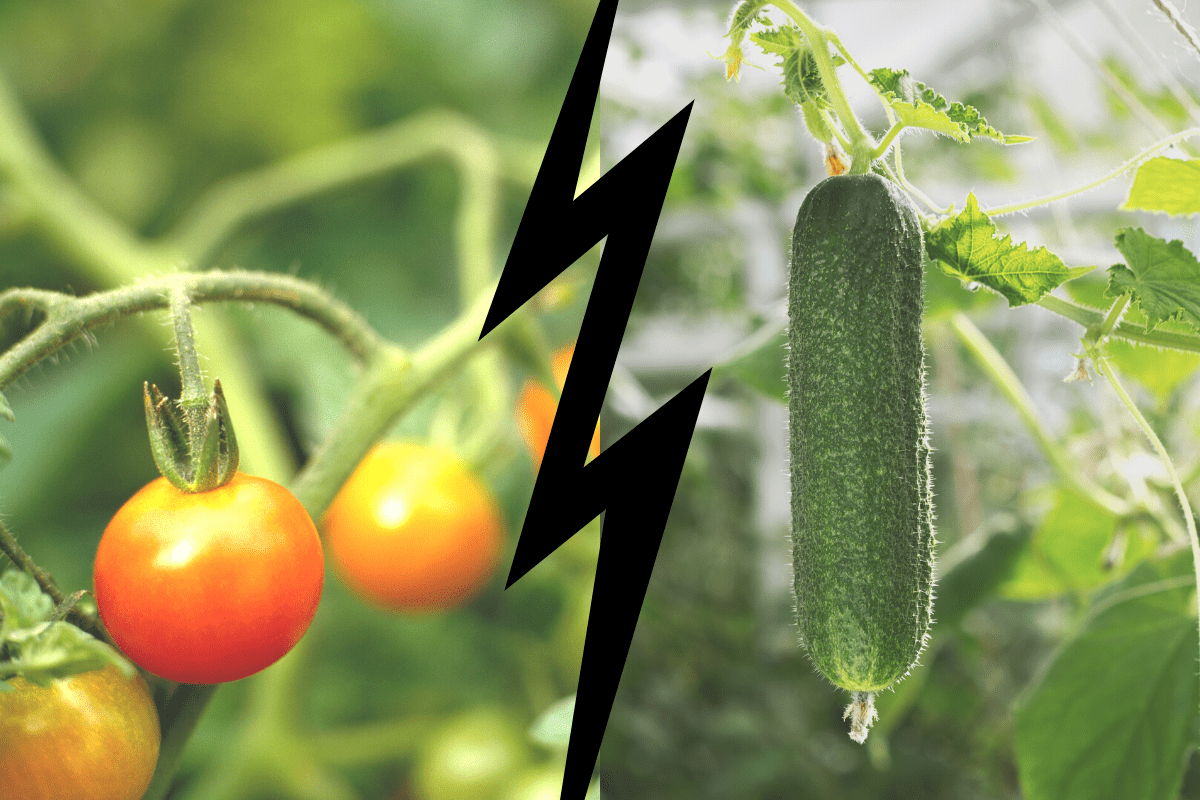Are you wondering if growing your own vegetables is worth it? The simple answer is:
Growing a vegetable garden is worth it. In most cases, growing vegetables is cheaper than buying them. Naturally, it will require your time, but a vegetable garden can save you money. Besides being worth it financially, gardening also has the benefits of physical activity and reduces stress.
The costs and benefits of a vegetable garden depend on many different factors such as rent price, garden size, soil quality, location, and which vegetables you plant.
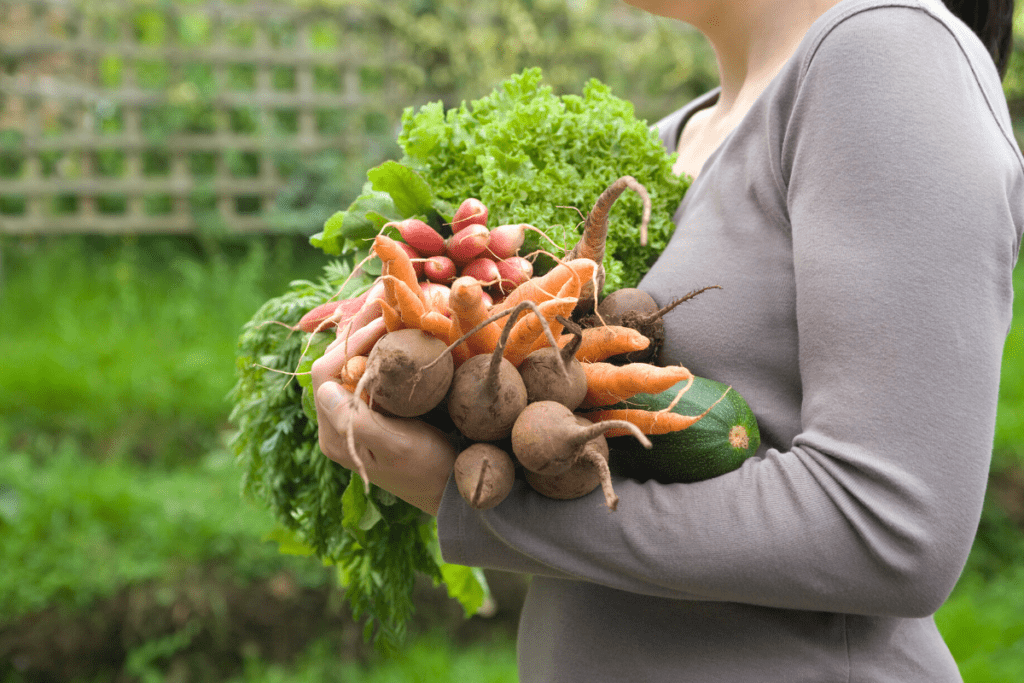
Is it worth having your own garden?
Many of us would at least agree that it is good to have a vegetable garden at home. I mean, common, who doesn’t want to eat fresh, organic food straight from their backyard? However, the great question is: Is gardening financially worth it?
Spoiler alert: it is!
Let me show you our example of how a vegetable garden saves us money:
The average cost for growing vegetables in your own garden
On an 840 square feet parcel in our backyard, I have to spend about one to two hours per week from March to October. That makes around 50 hours per year. Assuming a minimum hourly rate of 12$, that’s about 600$ in wages. Over the eight months of the season, that would be around 75$ per month.
At the beginning of the year, we bought organic seeds for 25$. That was more than enough for this season.
In addition, we paid for some grown tomato plants. I also usually buy cucumbers, aubergines, and peppers ready to plant. All in all, the expense was around 45$.
For potting soil, organic fertilizers, and pesticides, I estimate spending 80$ for one season.
So, that makes a total of around 750$ per season to grow vegetables in your own garden. Without counting working hours, it even comes down to 150$ per year.
| Investment | Cost |
| Seeds | 25$ |
| Plants | 45$ |
| Soil, fertilizer pesticides | 80$ |
| Time investment (1-2h per week for 8 months) | 600$ |
| Total | 750$ |
The harvest is enough to supply our household of four adults and two kids with organically grown vegetables. We even got to share with our neighbors most times so far since we can’t eat it all by ourselves.
So, growing our own food vs. buying is by far cheaper for us. Gardening is not an expensive hobby of mine.
I know, the costs of a vegetable garden don’t look the same for everybody. Yet, maybe our example can give you an idea of how cost-effective it can be to grow your own vegetables.
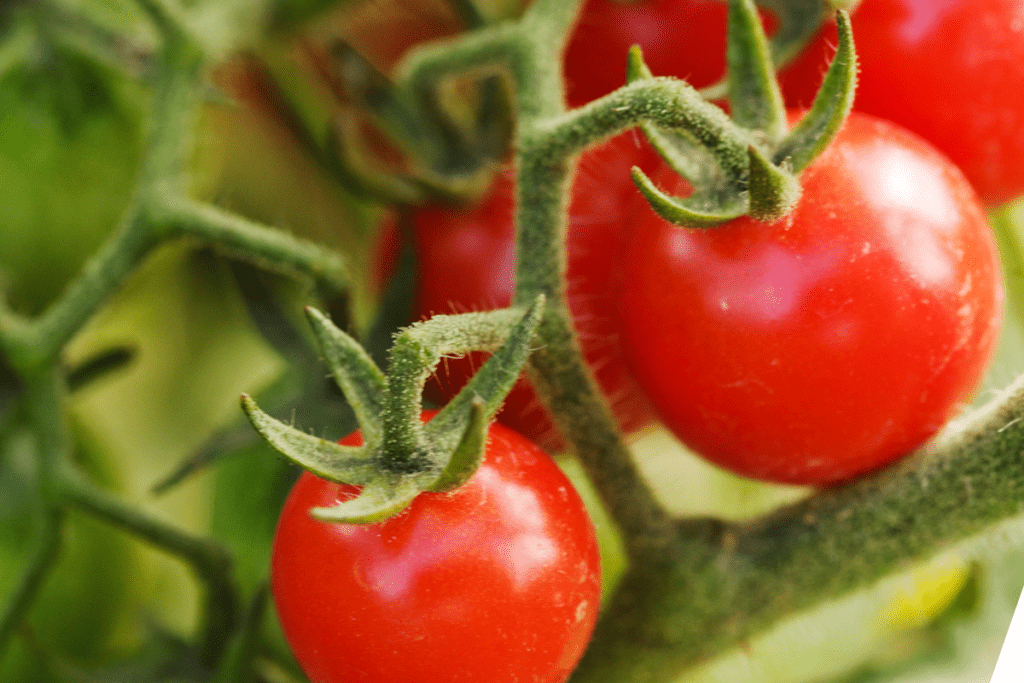
Most cost-effective vegetables to grow
Over the years and with experience, you will find that some vegetables are more cost-effective than others. So, if you are looking to grow vegetables to save money, here is a list of the most cost-effective vegetables to grow:
1. Tomatoes
Growing all sorts of tomatoes can help you save money all year round. The sweet cherry tomatoes you can start enjoying very soon after planting. The large tomatoes you can harvest and eat in summer and fall. And the meaty paste tomatoes are perfect for freshly cooked sauces, freezing, or canning.
2. Bell peppers
Even if you buy pepper starter plants and don’t start from the seed, it is still much cheaper than buying harvested peppers. Each pepper plant typically grows about 5-8 peppers and will provide your family with sweet freshness over a long time.
3. Leaf Lettuce
If you love lettuce, you will definitely save money and bless your neighbors with your own garden. To grow lettuce from seed is super cheap and super easy. Just make sure you don’t plant more than you will use at once. Space it out throughout the growing season to enjoy a steady supply of fresh lettuce.
4. Zucchini
Zucchini is also one of those vegetables with a long growing season and frequent crops. Additionally, you can freeze it easily and still eat it over the winter months.
5. Green Beans
Growing green beans is a relatively fast process, and each plant can produce about six pounds in total. So again, even if you buy the starter plants, you will still be able to save quite some money and enjoy lots of hearty bean side dishes.
6. Carrots
Planting and growing carrots from seed is very cheap and easy. Carrots are also perfect for canning and provide your whole family with precious vitamins over the cold winter months.
7. Potatoes
Even though potatoes usually cost (relatively) little money at the stores, already a small patch of them in your garden will help you save money. Potatoes are a fantastic supplier. They can be stored perfectly for longer periods in a cool, dry space and used over the winter months.
8. Cucumbers
Even though cucumbers are a larger plant and may take up quite some space in your garden, they are financially worth it. They are easy to grow from seed and produce many vegetables over the season.
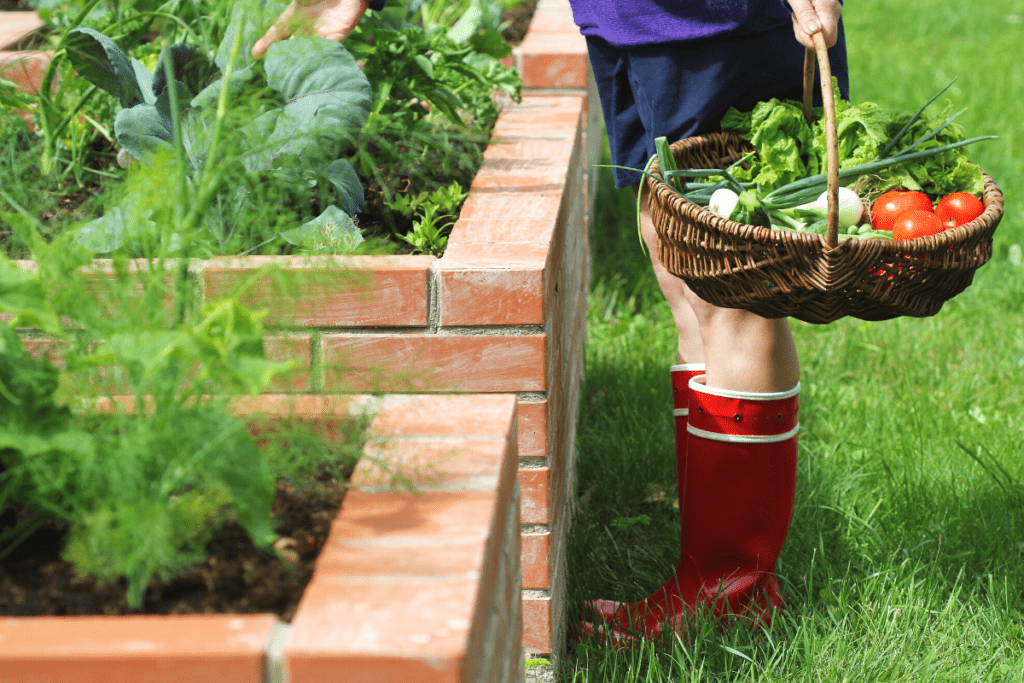
Benefits of a vegetable garden
Besides saving money and enjoying the cost-effectiveness of a vegetable garden, there are other benefits to it, such as spending time outdoors, getting exercise, and eating healthy, organic, fresh food.
Home-grown vegetables automatically provide me with at least one to two hours of fresh air and exercise per week, improve my vitamin D balance and help me to relax. Gardening reduces stress and has a meaningful effect.
Waiting until a little tiny seed has grown into a ready-to-harvest vegetable makes me humble and increases my appreciation of farmers and agricultural work.
Growing our own vegetables is healthier for our family because the produce is fresh, and most of it is grown without chemicals.
And yes, home-grown vegetables do taste so much better!
It also creates a natural ecosystem and is better for the environment by reducing the cost of food transport.
And last but not least, there are so many educational benefits for my children.
Conclusion
A vegetable garden is worth it in every sense. So, if you are on the fence, don’t wait any longer; grab the spade and start today!
Here is a complete guide on how to start your vegetable garden from scratch. It leads you step-by-step to your very first harvest. Check it out right now!
